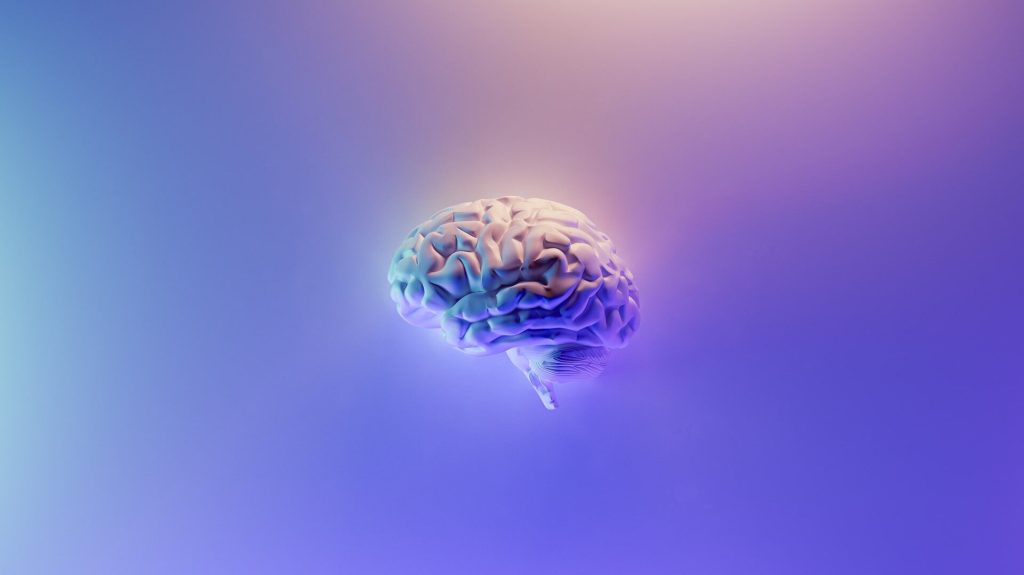
Using mouse models, scientists have discovered a link between gut inflammation and mental comorbidities. In response to gut inflammation like that caused by inflammatory bowel disease (IBD), they observed that the vascular barrier in the brain choroid plexus closes, clamping down access to the brain. The findings were published in Science.
Though this gut-brain vascular axis deregulation is likely a protective mechanism for the brain against inflammation, the findings suggest it may also result in the various cognitive and psychiatric symptoms that are occasionally associated with IBD.
Usually associated with intestinal inflammation, IBD can also cause a wide variety of symptoms in other organs. There is a robust link between anxiety and IBD; up to 40% of patients with IBD also present with psychiatric symptoms such as anxiety or depression. While the gut-brain axis is thought to be involved in driving these symptoms, no other related mechanisms are currently known.
Using a mouse model of intestinal inflammation, Sara Carloni and colleagues identified a potential pathogenic link between IBD and its associated mental comorbidities. According to the findings, the gut vascular barrier becomes more permeable due to the inflammatory process, which allows inflammation to spread beyond the intestines.
In response to this spread, the vascular barrier in the choroid plexus of the brain shuts down, which helps to protect the brain from inflammation. However, in doing so, the process also potentially impairs communications between organs and may hinder brain function.
In a mouse model of genetically driven closure of choroid plexus endothelial cells, Carloni and colleagues observed a deficit in short-term memory and anxiety-like behaviour. Thus, the mental deficits observed alongside IBD may result from deregulation of the gut-brain vascular axis, the authors said. This finding could be used for the development of therapeutic targets in treating some behavioural disorders.
Source: News-Medical.Net

